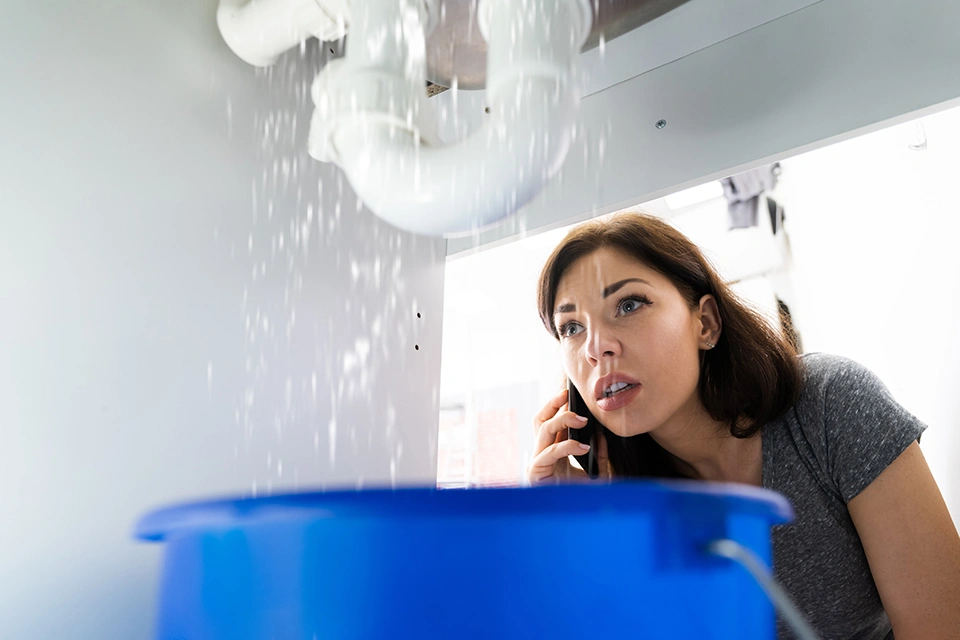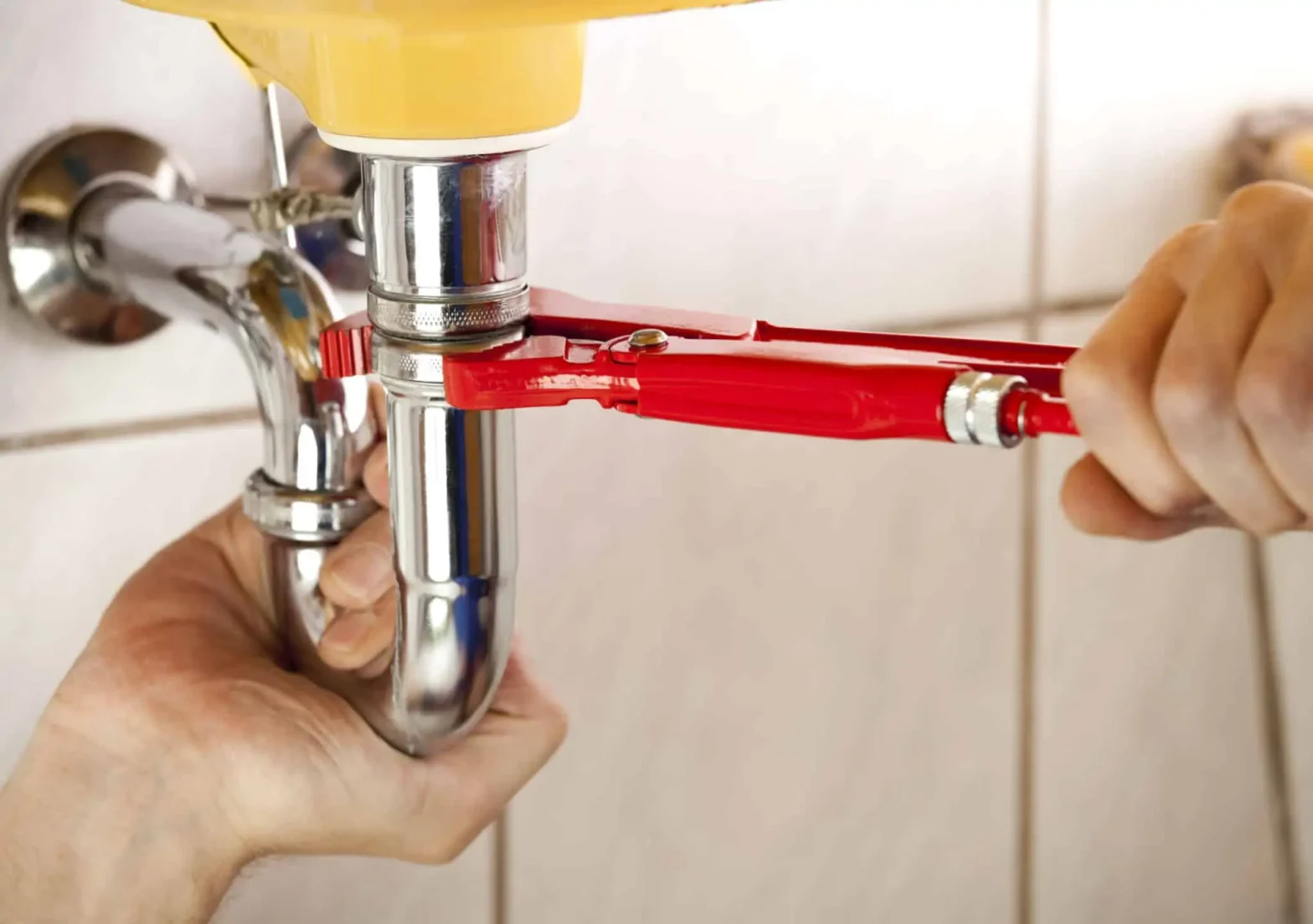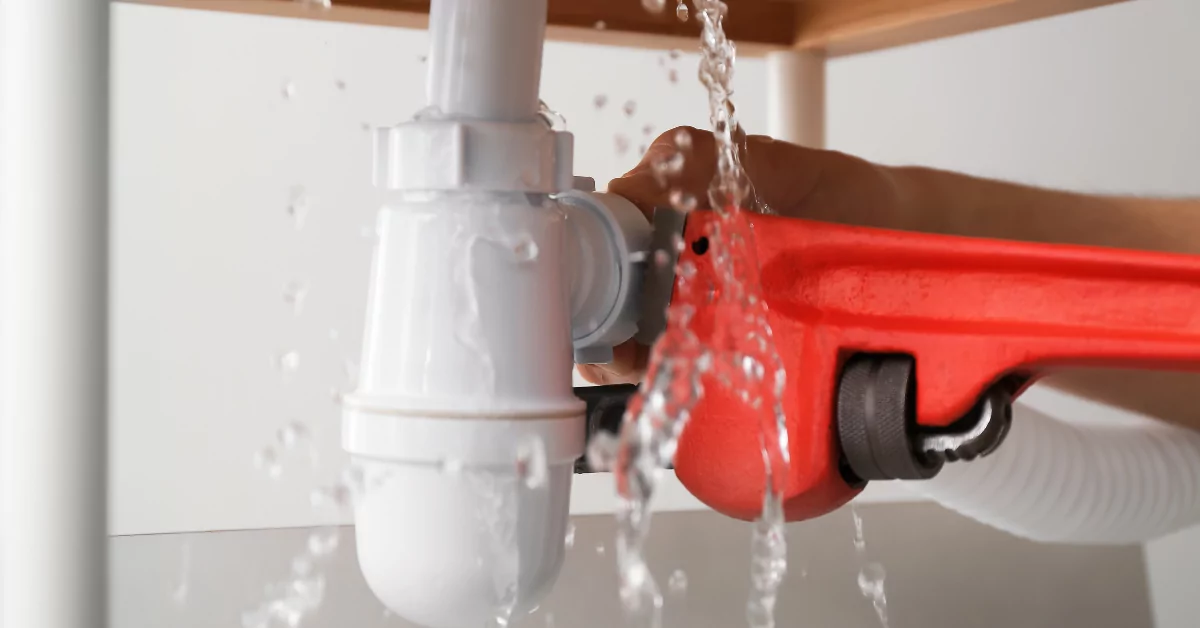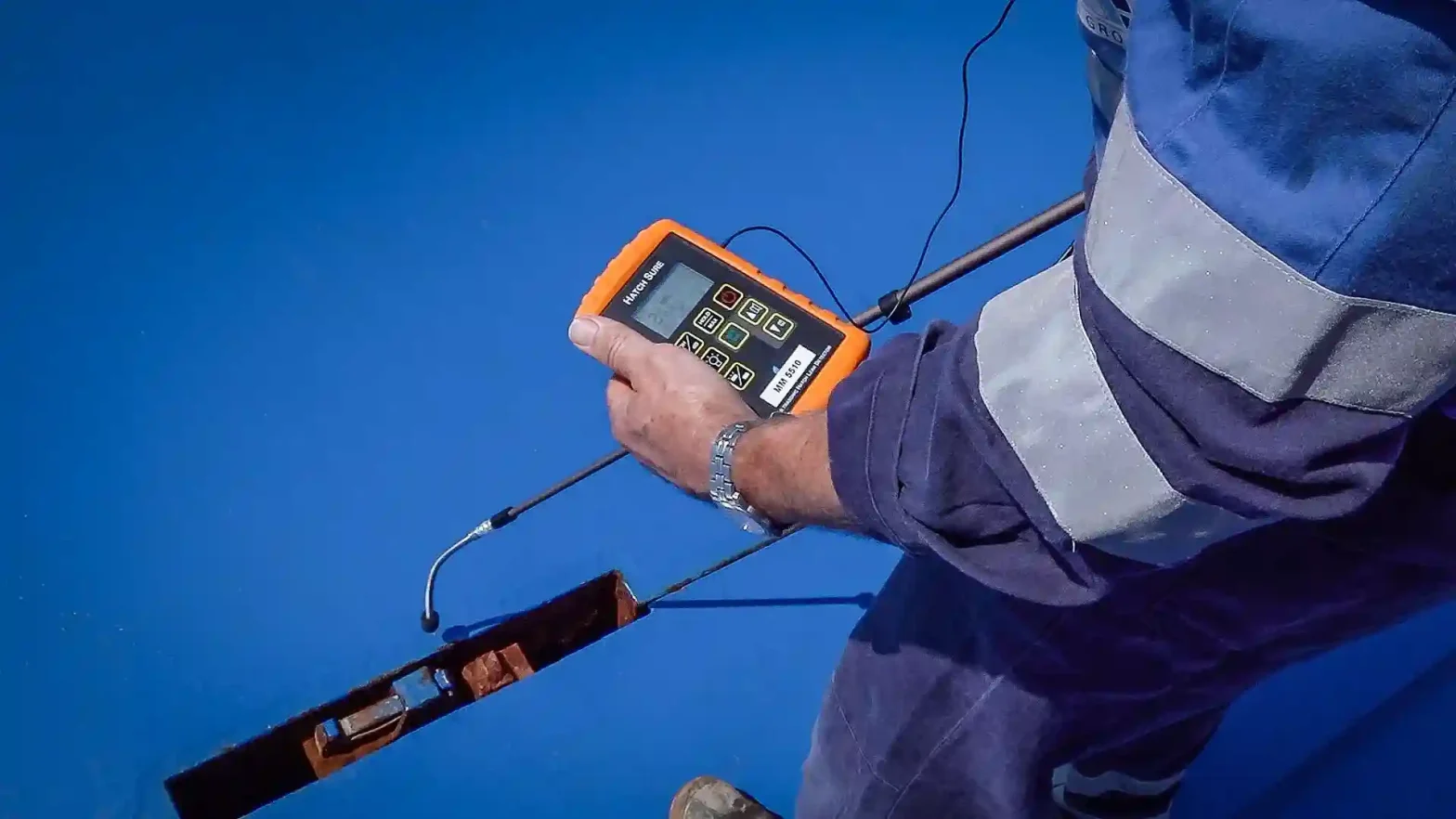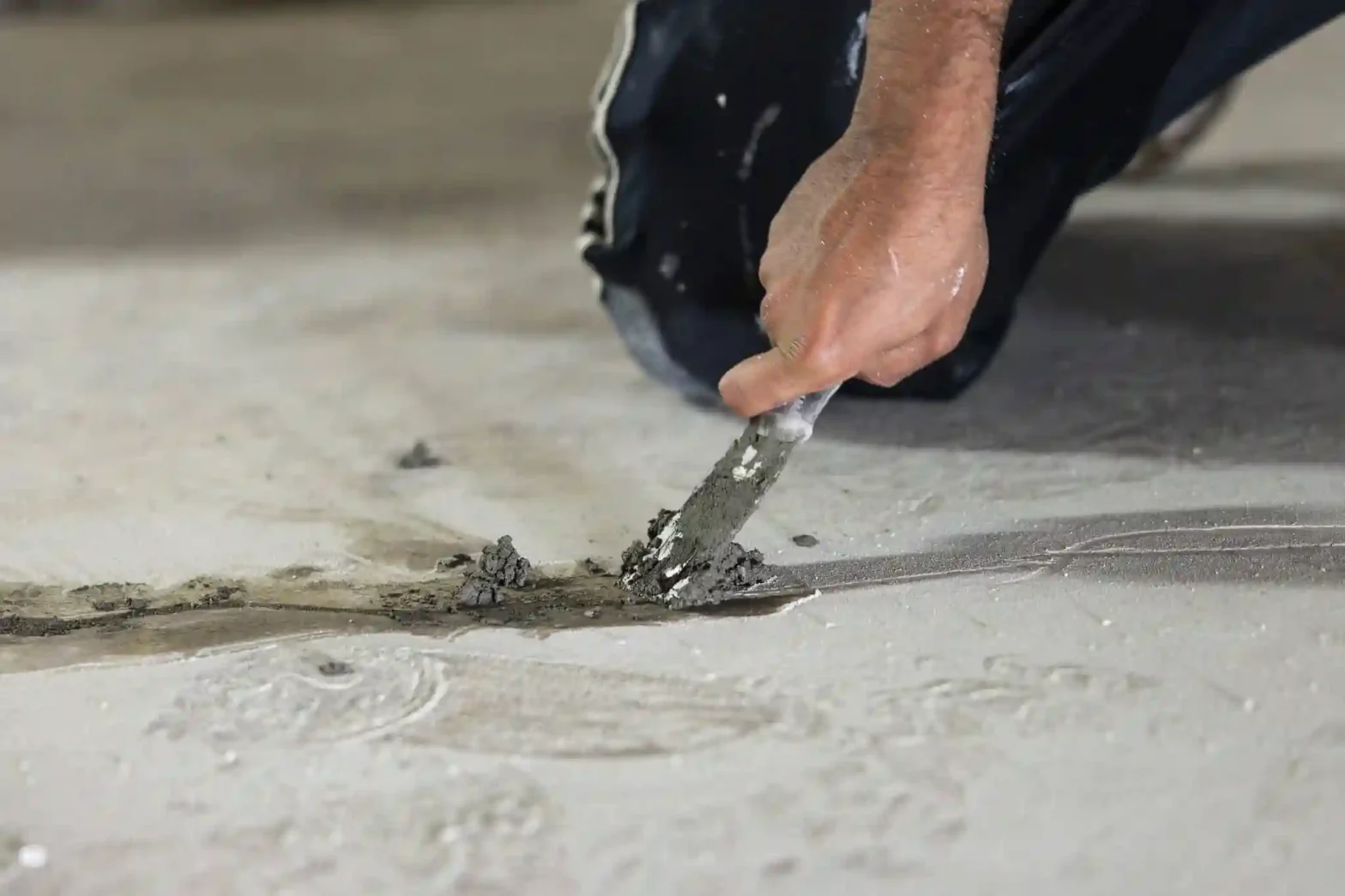Leak Detection: What Homeowners Need to Know
Pipe leaks, plumbing emergencies, and water damage can be a homeowner’s worst nightmare. But what exactly is leak detection, and why is it important? Leak detection is the process of finding and repairing leaky pipes. It’s essential for keeping your home’s plumbing system in good condition, and it can help prevent costly water damage.
From underground leaks to tricky slab leaks, Calis’s Choice Plumbing provides professional leak detection services designed to find and fix plumbing problems quickly and with precision.
In this leak detection guide, we’ll walk you through the basics and help you understand some of the more complicated parts of the process.
What Is Leak Detection and Why Is It Important?
Professional leak detection is a highly technical process used to identify where unwanted water is entering your plumbing system. Leak detection is important for several reasons. Leaks can lead to expensive water damage, mold problems, and more.
Leak detection can help you find these hidden leaks before they cause problems. Early detection also means that you can avoid significant structural damage to your property and save yourself from thousands in repair costs.
What Are the Common Causes of Leaks?
Leaks in the home can be caused by a variety of factors, including wear and tear, poor installation, and environmental conditions. Common causes of leaks include corroded pipes, shifting foundations, joint failures, cracks caused by water pressure changes, and even freezing temperatures.
In some cases, fixtures like toilets, tubs, showers, and dishwashers may also develop leaks due to old or loose seals and connections. Proper inspection of these systems is key in preventing them from becoming bigger problems later on.
How Do Professionals Locate and Repair Leaks?
Professionals use advanced technology and tools can locate the source of a leak accurately. These tools allow them to pinpoint the exact location of the problem without having to tear open walls or flooring unnecessarily.
Once the leak is located, they will assess the best way to fix it. Depending on the severity of the leak, this can involve patching small areas with sealant or compression couplings, or replacing entire sections of pipe.
The goal is to ensure that the issue is fully resolved with minimal disruption to your home.
Recommended reading: How to find hidden water leaks
Is Leak Detection Necessary in Older Homes?
Yes, definitely. As homes age, their plumbing systems tend to degrade and become more susceptible to problems such as leaks or water damage. This is especially true of older homes with outdated materials like galvanized steel or cast iron pipes.
These materials are more prone to corrosion over time, which makes them more likely to develop hidden leaks that can go undetected until it’s too late.
Leak detection services are even more important for these homes because issues often don’t become apparent until they’ve already caused extensive damage. Routine leak detection is one way to proactively avoid emergencies and extend the life of your system.
Frequently Asked Questions (FAQ)
Q: How can I tell if I have a hidden leak?
A: Water stains, moldy odors, a constantly running water meter, and spikes in your water bill may be signs that you have an undetected leak somewhere in your home. In some cases, there may be no visible symptoms other than a slight drop in water pressure.
Q: Can I find leaks on my own?
A: While visible leaks are relatively easy to spot and repair, most hidden leaks require professional equipment and expertise to detect and repair. Attempting a repair without properly locating its source can create even bigger issues.
Q: Is leak detection expensive?
A: Compared to the costs of water damage repair or mold remediation, leak detection is relatively inexpensive. Think of it as an investment in the long-term health of your home. The cost of early leak detection is often dwarfed by potential long-term savings.
Q: How long does the process take?
A: Inspections usually take one to two hours, depending on the severity of the problem and the type of leak detection required. In some cases, repairs can be completed the same day as the inspection is completed.
Q: Should I schedule leak detection even if I don’t see any problems?
A: Yes! Hidden leaks often develop slowly over time without you realizing it. A routine inspection after a known issue, or especially if you live in an older home, can catch these problems early on and save you money in the long run.
Conclusion
Waiting for leak detection is not advised. Whether you suspect a problem or just want to be proactive, early diagnosis and repair are the best way to prevent structural damage and utility bill increases.
Trust Calis’s Choice Plumbing for professional leak detection services in your home or business. Our certified plumbers will use high-tech tools to identify problems before they turn into emergencies, so you can rest easy knowing your home is safe and secure.


